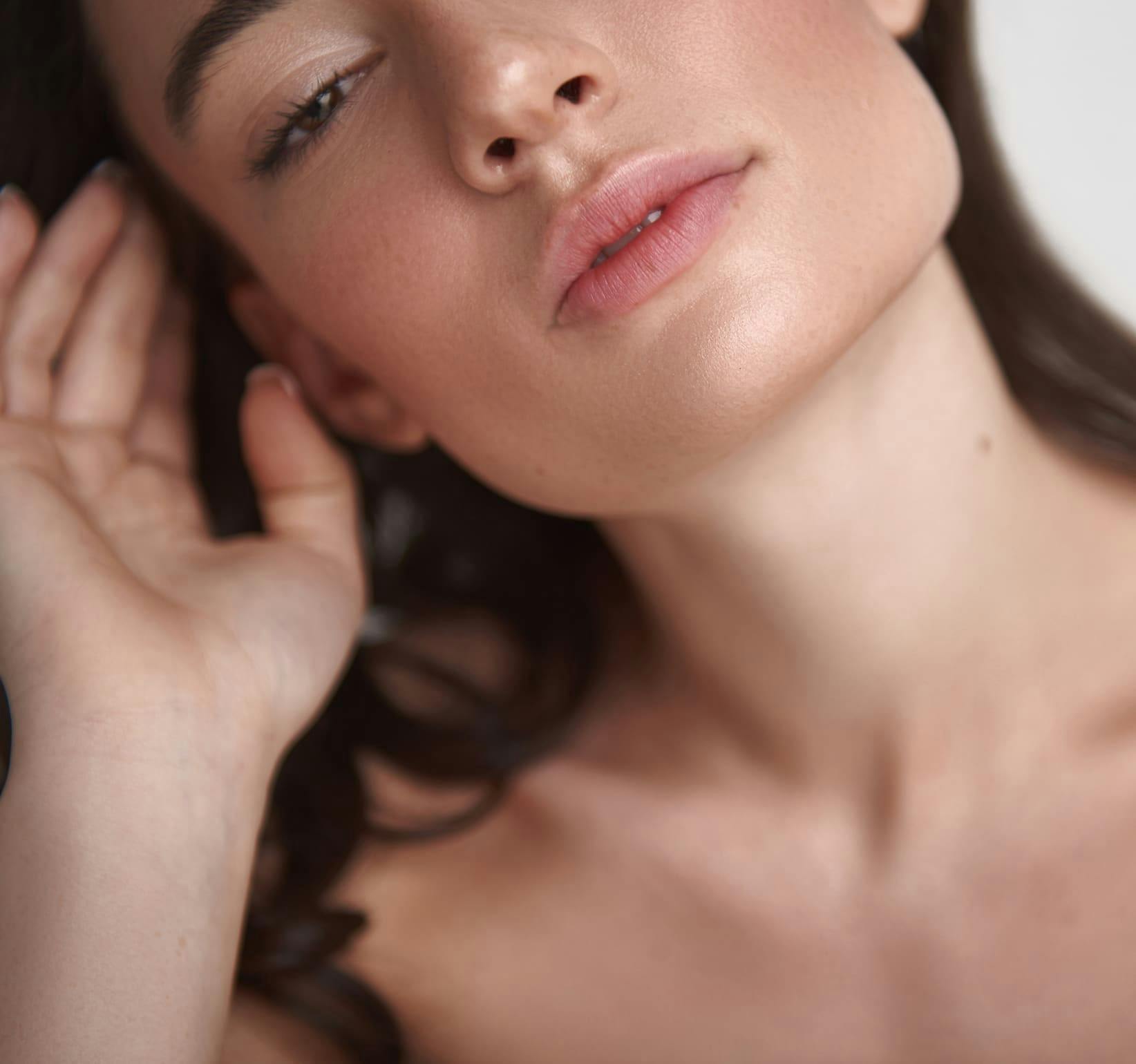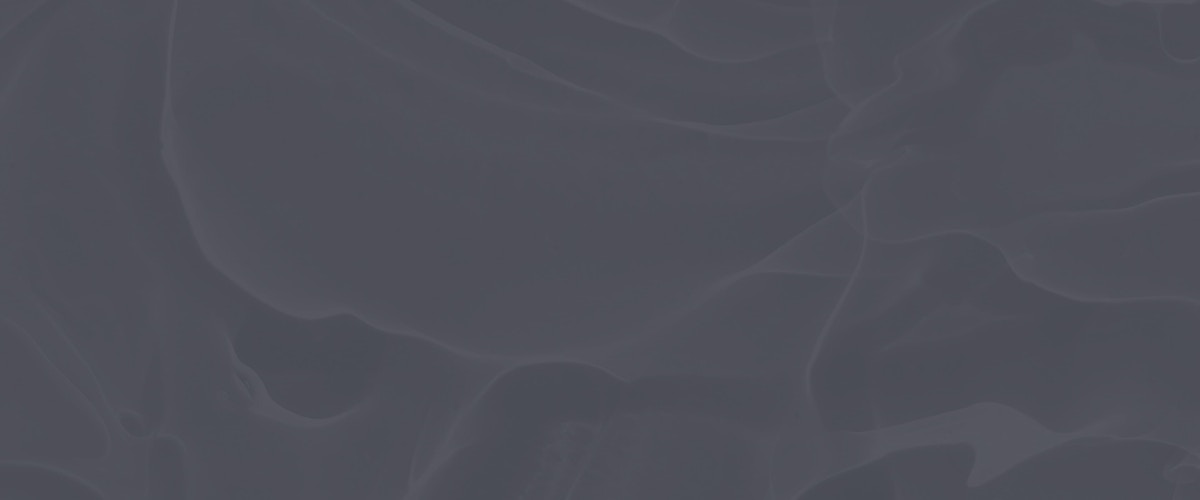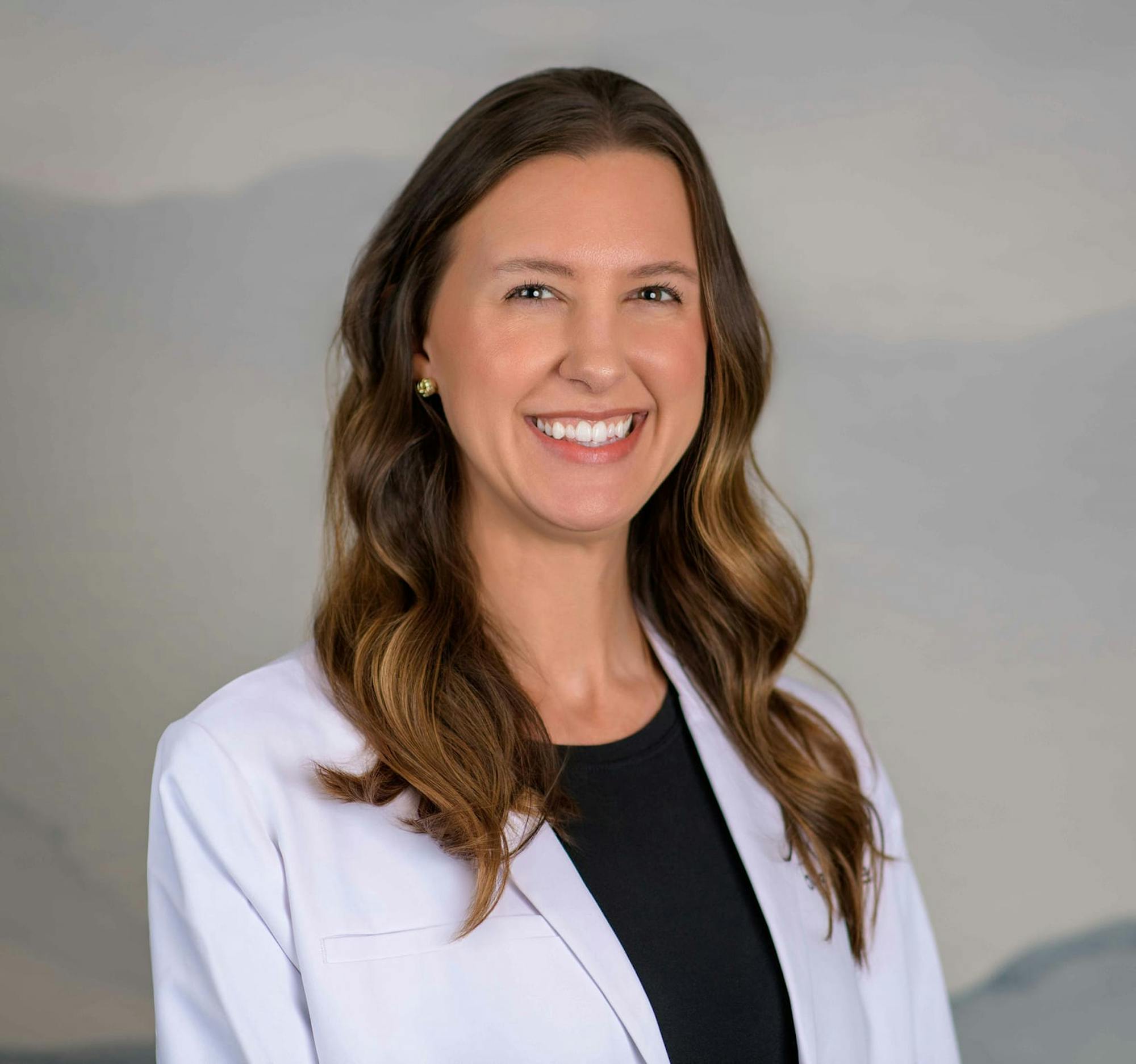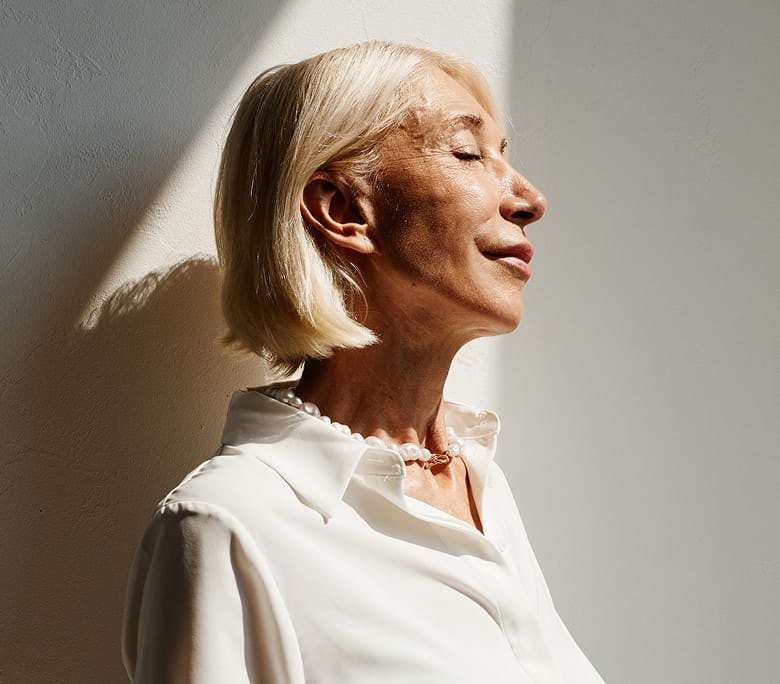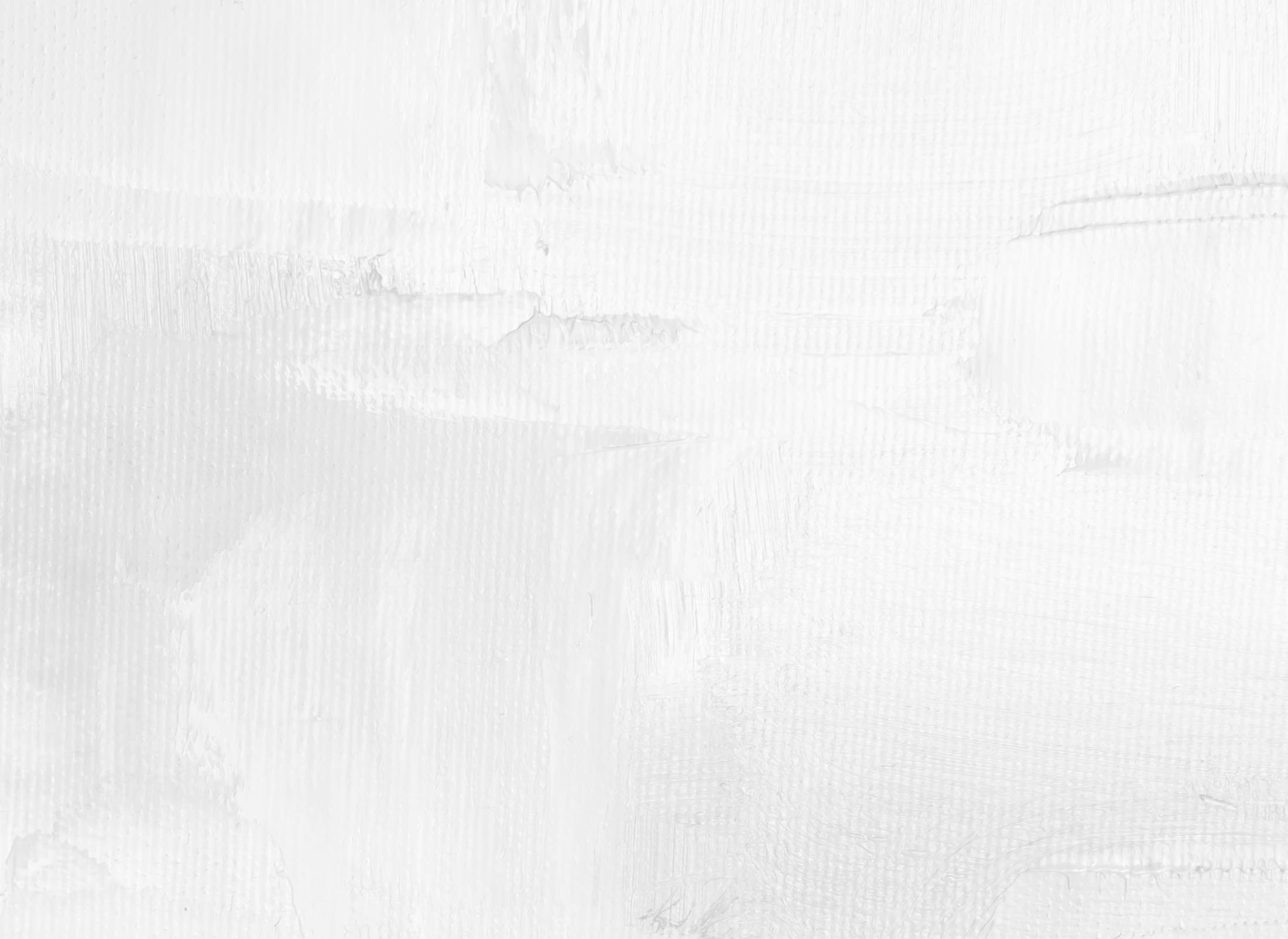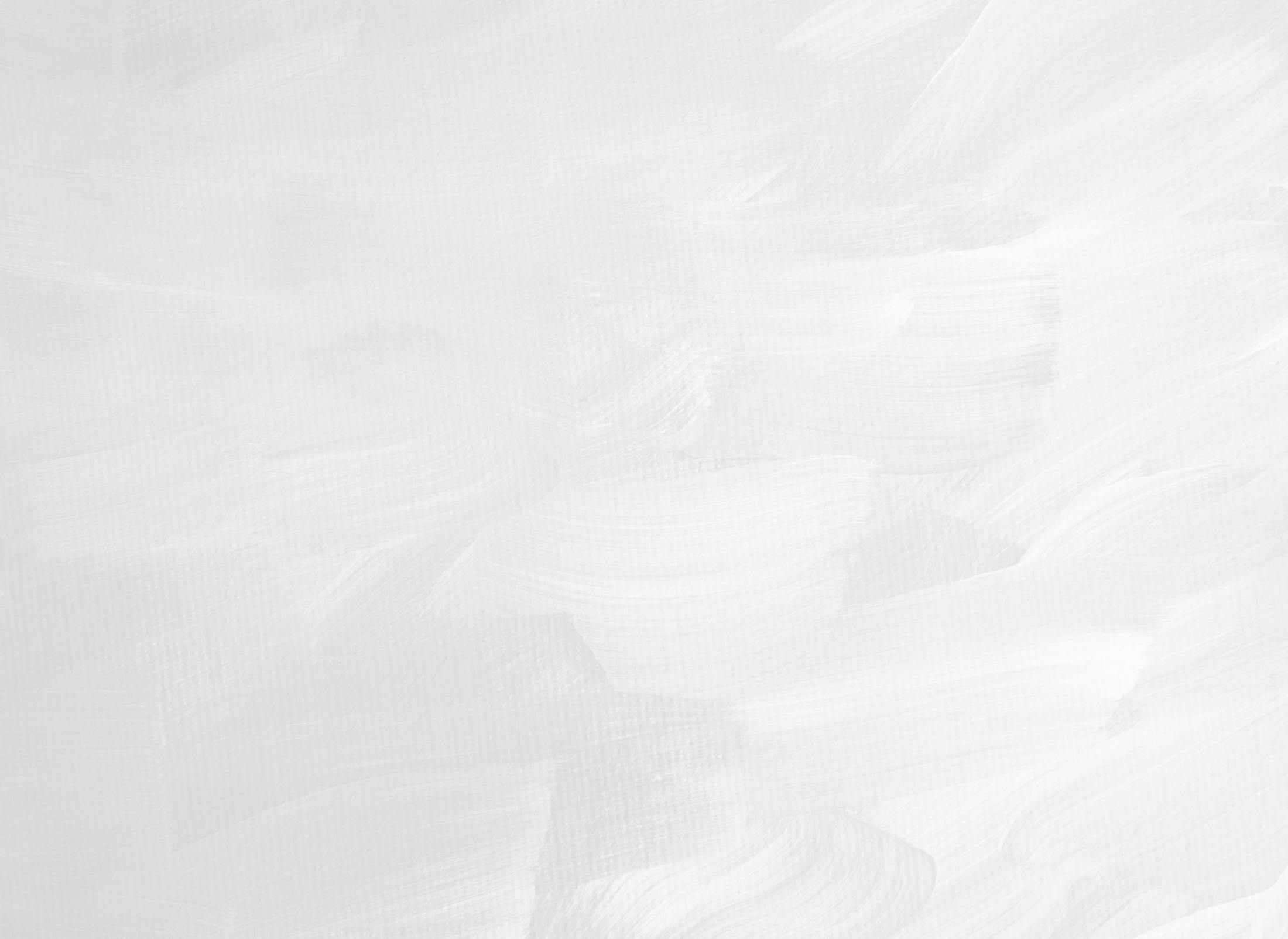Reveal healthier, younger-looking skin with non-surgical skin resurfacing treatments that refine texture, minimize lines, and improve tone. Our personalized approach helps patients restore confidence with visible, progressive results.
Understanding Skin Resurfacing
Skin resurfacing is a category of non-surgical treatments designed to remove damaged surface layers of skin and stimulate collagen remodeling underneath. This process enhances skin texture and tone while targeting discoloration, wrinkles, and scars.
The most common methods used in our practice include laser resurfacing, microneedling, and chemical peels. These options can be adjusted in intensity and depth depending on your skin type, concerns, and goals.

